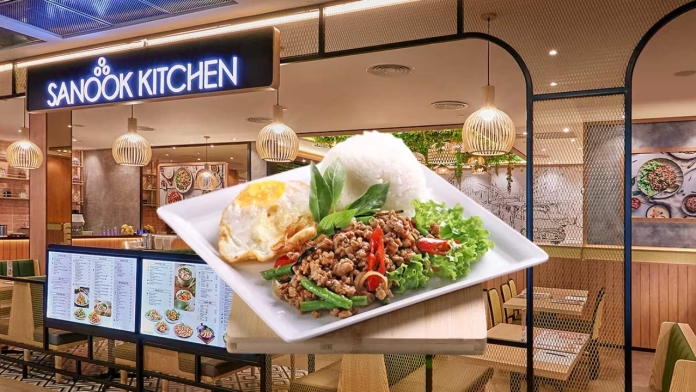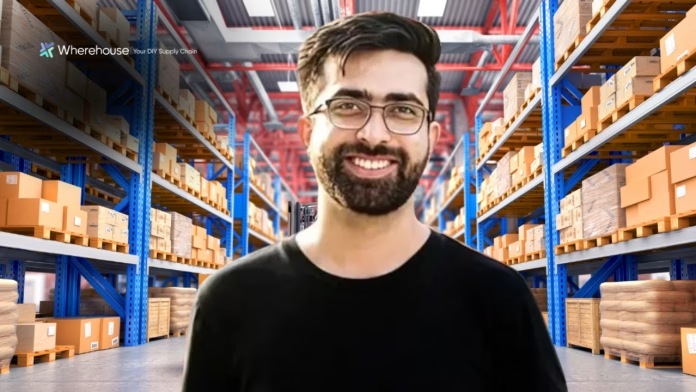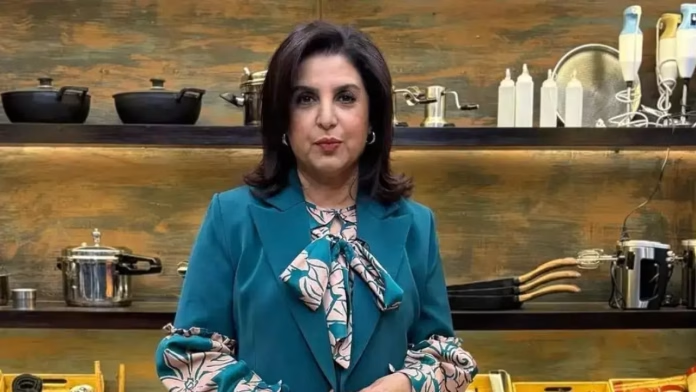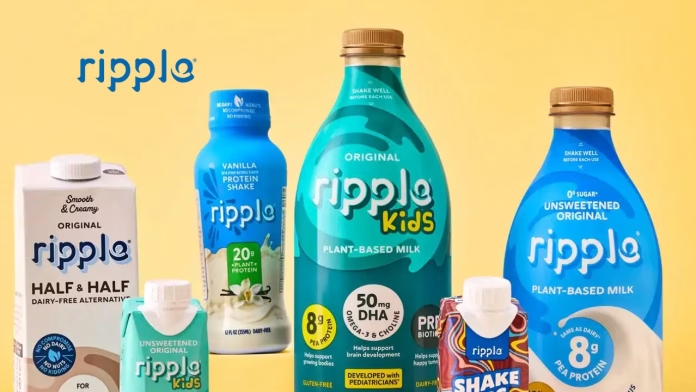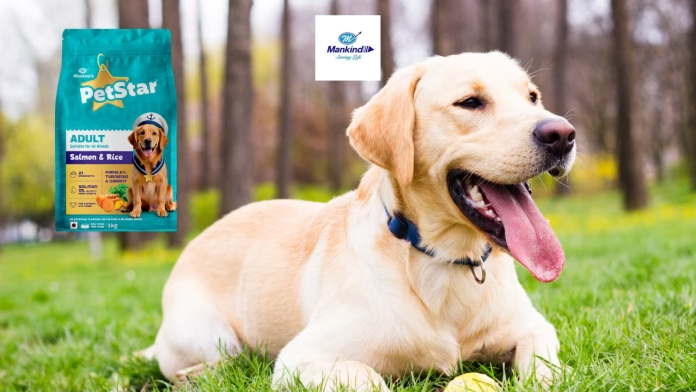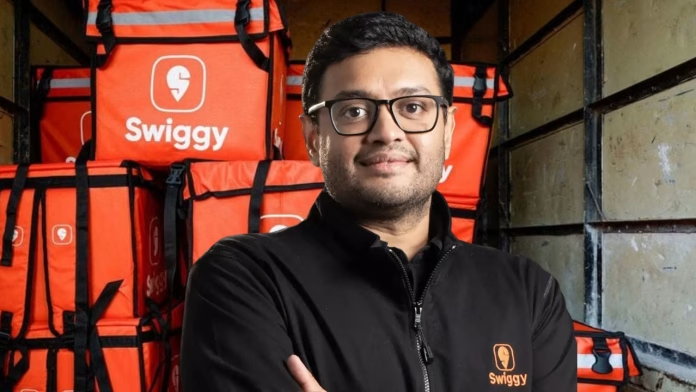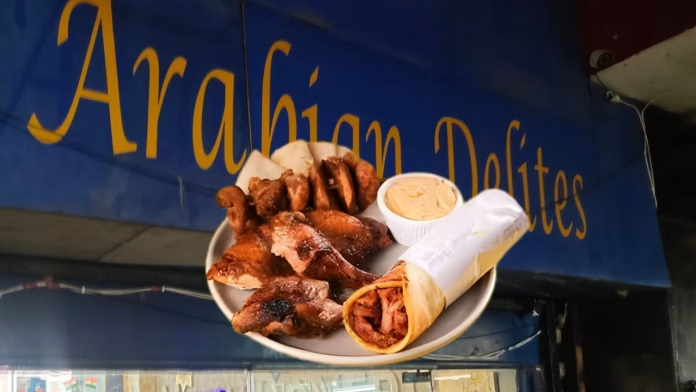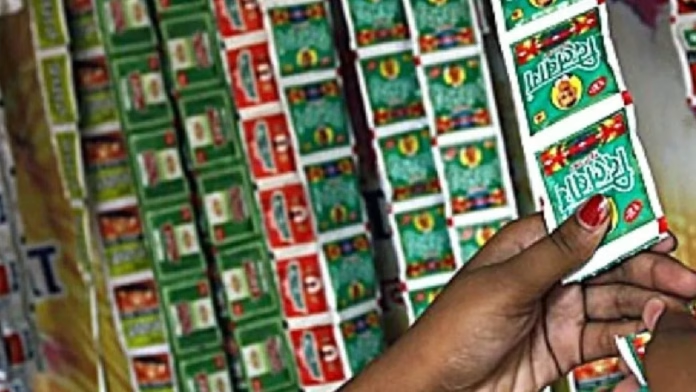The Food Safety and Standards Authority of India (FSSAI) in Ahmedabad has seized dairy analogue products worth ₹1.75 lakh from Ambica Dairy Products after officials found them being marketed as Milk Halwa in violation of licensing norms. The manufacturer is licensed only to produce traditional dairy items such as Khoa, and the sale of imitation products raises both consumer safety and regulatory concerns.
During a routine inspection, FSSAI officers discovered that Ambica Dairy Products was producing a dairy analogue—a product typically made using non-dairy fats—and labeling it as Milk Halwa. Authorities noted that this misrepresentation not only breaches the terms of the company’s FSSAI license but also poses risks to consumers relying on accurate food labeling for nutritional information and quality assurance.
Dairy analogues often do not meet the nutritional profile of genuine milk-based sweets. Selling such products as authentic milk items can mislead buyers and undermine confidence in traditional Indian confectionery. Regulators emphasized that compliance with labeling and production standards is critical to maintaining food safety, market fairness, and consumer trust.
FSSAI officials reaffirmed that manufacturers must explicitly disclose the presence of dairy substitutes in their products, and any attempt to market them as conventional dairy items is strictly prohibited. The Ahmedabad seizure is part of the authority’s broader efforts to monitor food safety standards across Gujarat, particularly in segments where imitation products threaten authenticity.
The agency also highlighted that such actions serve to protect both consumers and legitimate dairy producers who follow prescribed norms. With growing demand for transparent labeling and safe food products, FSSAI has indicated that inspections and enforcement will continue rigorously. Industry analysts expect stricter penalties and more frequent crackdowns in the coming months as regulators aim to safeguard public health and maintain integrity in India’s traditional sweets market.


